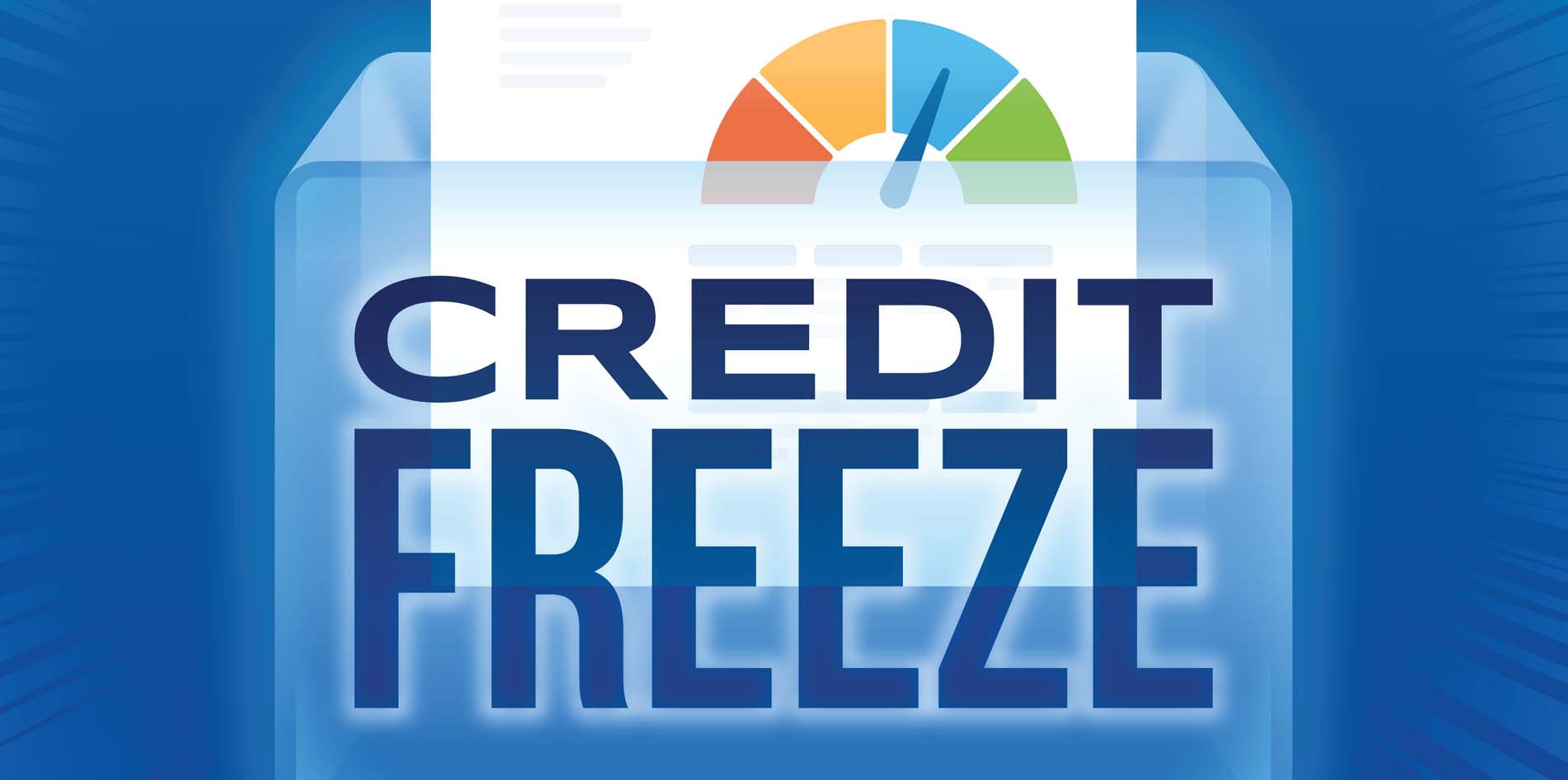How to Freeze and Unfreeze Your Credit
How to Freeze and Unfreeze Your Credit
What Is a Credit Freeze?
A credit freeze or security freeze allows you to restrict access to your credit reports. Freezing your credit can help prevent identity thieves from applying for new credit in your name if that requires a hard inquiry of your credit reports.
Freezing your credit doesn’t mean your credit history is completely off-limits to everyone, however. Any companies that you have an existing credit relationship with will still be able to see your credit history even with a freeze in place. And government agencies executing a court order or search warrant will also be able to access your credit file.

Note
A credit freeze won’t prevent you from getting prescreened credit offers. You’ll need to specifically opt out to stop receiving those.
How a Credit Freeze Works
When you freeze your credit with the three major national credit bureaus—Equifax, Experian, and TransUnion—you’re essentially telling them that you don’t want just anyone to be able to access your credit file. Again, there are some exceptions to who can and can’t see your credit file while a freeze is in place.
A credit freeze can stay in place for as long as you want it to; it’s up to you to decide when to lift it. Freezing your credit is now completely free, thanks to a 2018 change in the law. Previously, there was a fee to freeze and unfreeze your credit.1
Credit freezes don’t have a negative impact on your credit score and won’t keep you from getting your free annual credit reports. But if you decide to apply for loans or credit cards, you’ll need to lift the credit freeze to allow creditors access to your file. You don’t, however, have to lift a credit freeze for things like applying for a job or renting an apartment.
How to Freeze Your Credit
If you want to freeze your credit you can do so by contacting each of the three major credit bureaus. Here’s how to reach them:
- Equifax: Online at https://www.equifax.com/personal/credit-report-services/credit-freeze/ or by phone at 800-685-1111
- Experian: Online at https://www.experian.com/freeze/center.html or by phone at 888-397-3742
- TransUnion: Online at or by phone at 888-909-8872
To freeze your credit you’ll need to give each credit bureau your name, address, date of birth, Social Security number, and other identifying personal information. Experian and TransUnion require you to set a unique PIN to freeze and unfreeze your credit, though Equifax does not.
Freezing your credit is free, and you’ll need to do it with all three credit bureaus to lock down each of your credit reports. And again, the freeze will stay in place until you lift it.
Freezing your credit reports won’t freeze your credit scores. Your score can still go up or down while a credit freeze is in place, based on the information that’s being reported to the credit bureaus.
How to Unfreeze Your Credit
At some point, you may decide that you no longer need the credit freeze. Or you may want to temporarily lift the credit freeze so you can apply for a mortgage, credit card, or other loans.
If you want to unfreeze one or all three of your credit reports you’ll have to contact the credit bureaus individually. With TransUnion and Experian, you’ll need to provide the PIN you set up earlier.
Once you ask a credit bureau to lift your credit freeze, it must do so within a specific time frame. For requests made by phone or online, the freeze must be lifted within one hour. If the request is made by mail, the freeze must be lifted no later than three business days after it’s received.
Pros and Cons of Freezing Your Credit Report
Freezing your credit reports can have both advantages and disadvantages that are helpful to keep in mind. If you’re on the fence about whether to freeze your credit, here’s how the pros and cons balance out.
Pros:
- Secures your credit report to help prevent identity theft and fraud
- There’s no longer a fee required to freeze or unfreeze your credit
- You can easily and quickly freeze or unfreeze credit online
- A credit freeze won’t hurt your credit score
Cons:
- A credit freeze won’t completely block access to your credit file
- You’ll need to unfreeze your credit before you can apply for loans
A credit freeze could be a good choice if you’re concerned about the possibility of identity theft and you don’t plan to apply for additional credit anytime soon. It adds an extra layer of security to your credit reports, which can be reassuring as fraud and identity theft continue to rise. And not having to pay a fee to execute a credit freeze or unfreeze is a nice bonus. But there are other ways to protect your credit history against unauthorized access.
Credit Freeze vs. Fraud Alert
One alternative to freezing your credit is to place a fraud alert on your credit profile. A fraud alert can protect your credit history from unauthorized access for one year. An extended fraud alert can protect it for seven years.2
Extended fraud alerts may be the better option if you’ve already been a victim of identity theft. To set up an extended fraud alert, you first need to create an identity theft report, then contact one of the three major credit bureaus to place the fraud alert. The credit bureau you report it to must report it to the other two bureaus.
A fraud alert or extended fraud alert won’t lock your credit reports down completely the way a credit freeze does. But they do require creditors and lenders to take the extra step of verifying your identity before authorizing new lines of credit in your name. This may be a simpler solution if you’d rather not go to the trouble of freezing and unfreezing your credit file.
You can also buy instant:


Cashapp Money Transfer Click here
Paypal Money Transfer Click here
Western Union Money Transfer Click here
Venmo Money Transfer Click here
Bank Money Transfer Click here to Contact Us
